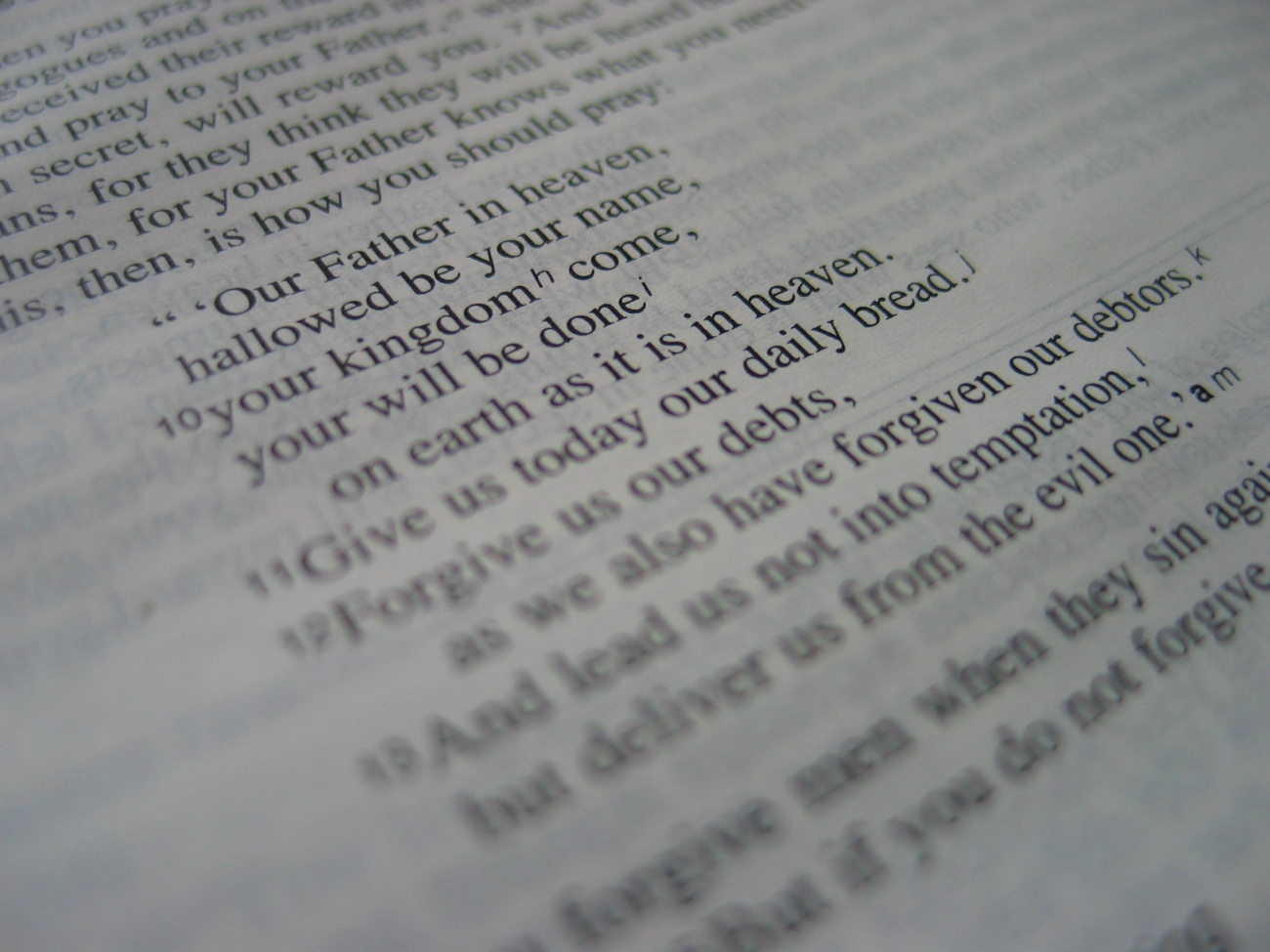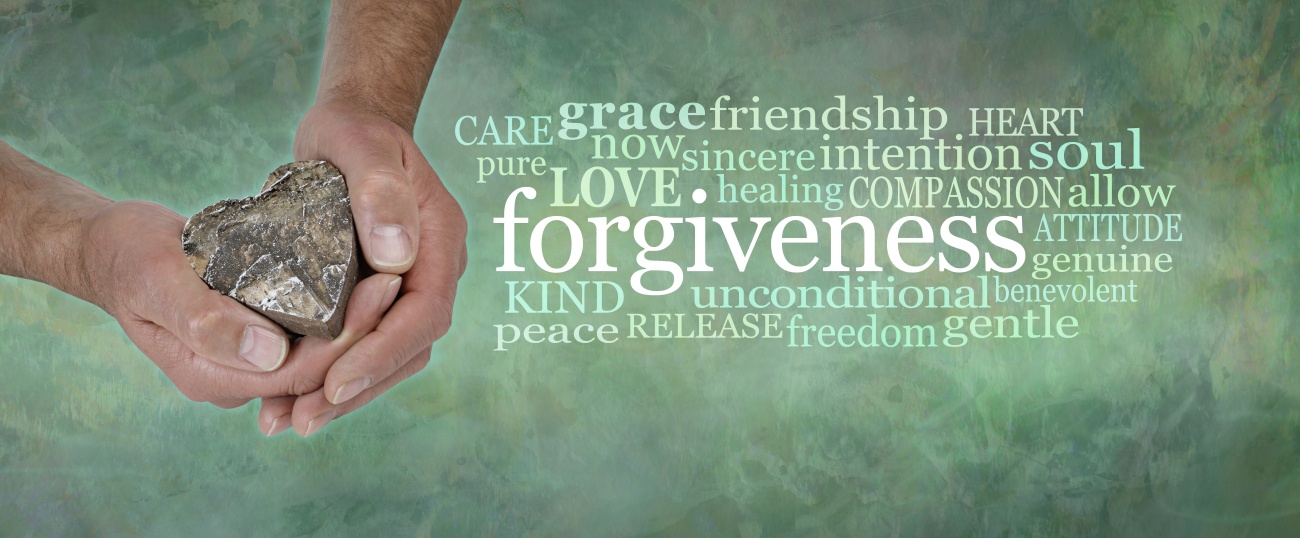The God Given Prayer- Matthew 6:7-15
It is another way of recognizing the Two Great Commandments: Love God with your whole being, and your neighbor as yourself.
Prayer is the expression of the soul’s greatest joys, gratitude, and needs. In Matthew’s Gospel, we get a brief but powerful catechism lesson on the issue of prayer from the mouth of Jesus, and as always, we should pay attention to this lesson, for it is as necessary to our soul’s well-being as water is to parched land.

In the first part of this passage, Jesus gives us simple instructions about how not to pray. “In praying, do not babble like the pagans, who think that they will be heard because of their many words…Your Father knows what you need before you ask him.” He does not need endless words, especially words that draw attention to the one praying, rather than toward the only One to whom true prayer can be addressed. Instead, Jesus says very directly, “This is how you are to pray: ‘Our Father who art in heaven…” There are only two sentences, with seven specific petitions in the entire prayer.

The prayer is addressed first to our Father in heaven, the One whose name is holy. The word that Jesus used that is translated as Father, has a more familiar connotation, Abba, or something more like “papa”, or “daddy”, implying that our Father in heaven is not distant, but rather, one who loves us as a father loves his children. Our Father is moved by our greatest needs, needs that He knows better than we do ourselves. This is a Father who is intimate, who listens to us with complete, total, and compassionate attention, and who embraces us, both when we are in our greatest need and when we are in our moments of greatest joy.

It is right and proper for us, then, to pray that His kingdom would come and break into our fallen world, and that we might be given the wisdom and the courage to do his will perfectly, here and now, on earth, as it is and is done by his angels and saints perfectly in heaven. We ask also for the bread that only he can give us to nourish and to strengthen us on this difficult journey. Then, this prayer suggests to us the way out of hell. Sin is the road to hell and it is rooted in the habits of pride. Humility is the antidote. It is only in humility that we recognize that we are sinners and that we need to be forgiven, so we say, “forgive us our trespasses”. It is in humility that we can trust absolutely in God’s loving forgiveness.
But Jesus adds a penetrating, portentous, and powerful note in this petition with one, small, connecting word, “as”. “Forgive us our trespasses “as” we forgive those who trespass against us.” This is serious. It is the truth in all its power. Then, Jesus teaches us to pray that we not be subjected to the final test, and that we be delivered from the Evil One’s grasp.

In the final paragraph of this passage from Matthew’s Gospel, Jesus tells us very clearly, without any ambiguity, that our prayer is not meant to change Him, but to change us. In essence, it is another way of recognizing the Two Great Commandments: Love God with your whole being, and your neighbor as yourself. If we learn to forgive others their transgressions toward us, our Father will forgive us unconditionally. If we do not…he will not. There it is. This is how to pray.
SKM: below-content placeholderWhizzco for FHB

